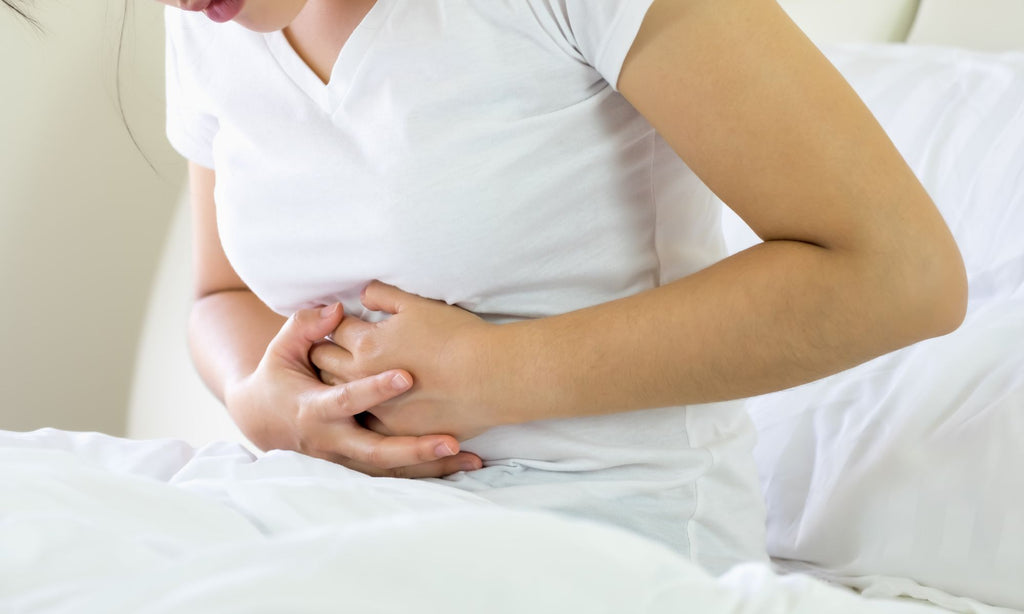blog
Leaky gut syndrome is a medical condition that can cause a wide range of symptoms. It is caused by damage to the gut lining, which can allow toxins, bacteria, and other substances to leak into the bloodstream. The symptoms of leaky gut syndrome include digestive issues, fatigue, food sensitivities, joint pain and skin problems. Treatment for leaky gut syndrome includes dietary changes such as avoiding certain foods and eating more nutrient-dense foods. Additionally, supplements may be recommended to help repair the damaged intestinal lining and promote overall health. In this blog post, we will explore the causes, symptoms and treatments for leaky gut syndrome in greater detail.
In today’s fast-paced world, it can be hard to find the time to take care of your gut health. However, taking small steps to reduce stress and improve digestion can go a long way towards improving your overall wellbeing. This blog summary will explore how reducing stress and anxiety can help with gut health, as well as some easy ways to do this. We will also discuss how making small changes in your diet and exercise routine can help enhance digestion and promote better gut health.
Recently, numerous studies have been conducted to explore the correlation between gut health and autoimmune diseases. Results have shown that a neglected digestive system can be the root cause of certain illnesses, including autoimmune disorders. In this blog post, we will discuss the potential causes of autoimmune diseases and their relationship with gut health. In addition, we will investigate the impact of dietary and lifestyle changes on gastrointestinal health and examine their effectiveness in alleviating signs associated with autoimmune diseases. Additionally, we will evaluate the efficacy of probiotics as a possible solution to autoimmune conditions.
Fiber is an essential part of our diet and can have a profound impact on our digestive health. It helps to regulate the digestive process and can even help to reduce symptoms of irritable bowel syndrome and other gastrointestinal issues. This article will discuss the various benefits of fiber for digestive health, from improving digestion to reducing bloating. We’ll also look at how much fiber we should be consuming each day, as well as some tips for getting more fiber into your diet. Finally, we’ll explore some of the potential risks associated with eating too much fiber. By understanding the importance of fiber for digestive health, you can make informed decisions about what you eat and ensure your gut is in check!
Fecal impaction is a condition in which the stool becomes hardened and stuck in the rectum, making it difficult or even impossible to pass. It is usually caused by chronic constipation, which can be due to many different factors. Constipation can be caused by a lack of dietary fiber, inadequate fluid intake, certain medications, and medical conditions such as diabetes or hypothyroidism. Inactivity can also contribute to constipation. Other causes of fecal impaction include rectal prolapse and rectocele.
Showing 1 - 6 of 42 result












